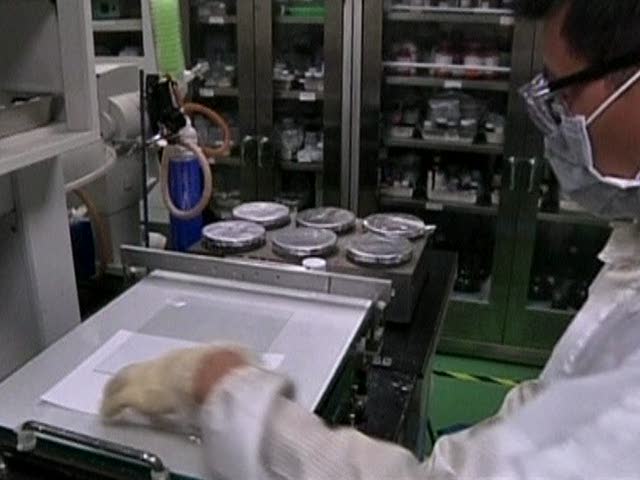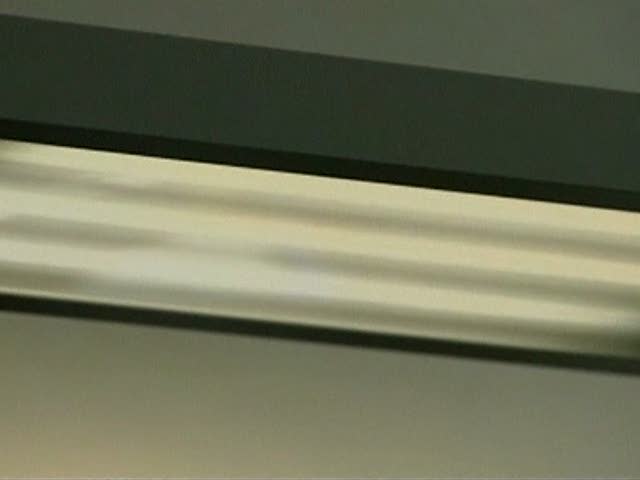DOJ Net Surveillance Under Fire
Published:
11 June 2003 y., Wednesday
The Justice Department's statements -- and what it did not say -- in a congressional inquiry on the use of broadened surveillance powers authorized after the Sept. 11 attacks is raising a red flag among civil liberties groups. A central concern is the lack of clarity regarding the scope of Internet surveillance powers granted in the controversial USA Patriot Act.
In response to testimony last week by Attorney General John Ashcroft before the House Judiciary Committee, the American Civil Liberties Union published a memo criticizing the government's attempts to apply the methodology for tracing phone calls to tracking Internet use.
Timothy Edgar, an ACLU legislative counsel and the report's author, argued that so-called "trap and trace" devices, traditionally used to capture telephone numbers but not the content of conversations, could potentially violate a subject's privacy if it's used to watch Web activity.
On the Internet, investigators use "trap and trace" technology to monitor e-mail, Web surfing and other activity to search for clues about potentially illegal activity.
The problem, according to Edgar, is that a URL, unlike a phone number, provides detailed information about the content a person is obtaining. "It isn't always technologically feasible to separate content information from routing information," said Edgar.
Šaltinis:
wired.com
Copying, publishing, announcing any information from the News.lt portal without written permission of News.lt editorial office is prohibited.
The most popular articles
Software company announced new structure_ of it_s business.
more »
 Confirming rumors that surfaced over the weekend, Apple has started selling the unlocked version of the iPhone 4 in Apple Retail stores.
more »
Confirming rumors that surfaced over the weekend, Apple has started selling the unlocked version of the iPhone 4 in Apple Retail stores.
more »
 You didn’t expect Anonymous to take the recent Spanish police action against them lying down, did you?
more »
You didn’t expect Anonymous to take the recent Spanish police action against them lying down, did you?
more »
 The era of foldable touch screens is rapidly approaching, with scientists in Taiwan leading the charge to develop computer and cell phone screens that can folded away or rolled up for storage.
more »
The era of foldable touch screens is rapidly approaching, with scientists in Taiwan leading the charge to develop computer and cell phone screens that can folded away or rolled up for storage.
more »
 During the exibition „Technology Open House 2011“ japanese creators of technologies presented the automatic system, which can translate words into the finger language.
more »
During the exibition „Technology Open House 2011“ japanese creators of technologies presented the automatic system, which can translate words into the finger language.
more »
 China has warned Google that its business could suffer if it continues to suggest that Chinese spies have been targeting the emails of United States' officials.
more »
China has warned Google that its business could suffer if it continues to suggest that Chinese spies have been targeting the emails of United States' officials.
more »
 South Korea is showing off what it says is the world's first totally eco-friendly business building, a structure that emits zero carbon and uses only renewable energy.
more »
South Korea is showing off what it says is the world's first totally eco-friendly business building, a structure that emits zero carbon and uses only renewable energy.
more »
 Facebook founder Mark Zuckerberg has said that an alleged contract and e-mails that a New York man claims entitle him to a 50% stake in the social networking site are "forgeries".
more »
Facebook founder Mark Zuckerberg has said that an alleged contract and e-mails that a New York man claims entitle him to a 50% stake in the social networking site are "forgeries".
more »
 The growing popularity of tablets has seen many new players enter the market.
more »
The growing popularity of tablets has seen many new players enter the market.
more »
 Anthony Weiner, a Democratic congressman, has claimed his Twitter account was hacked after a photograph of a bulging pair of underpants was sent to a follower. Here are some of the most memorable social networking 'hacks'...
more »
Anthony Weiner, a Democratic congressman, has claimed his Twitter account was hacked after a photograph of a bulging pair of underpants was sent to a follower. Here are some of the most memorable social networking 'hacks'...
more »
 Hace China have compromised personal e-mail accounts of hundreds of top US officials, military personnel and journalists, Google has said.
more »
Hace China have compromised personal e-mail accounts of hundreds of top US officials, military personnel and journalists, Google has said.
more »